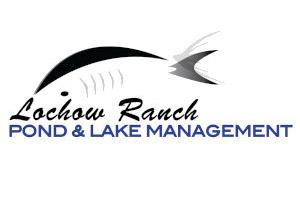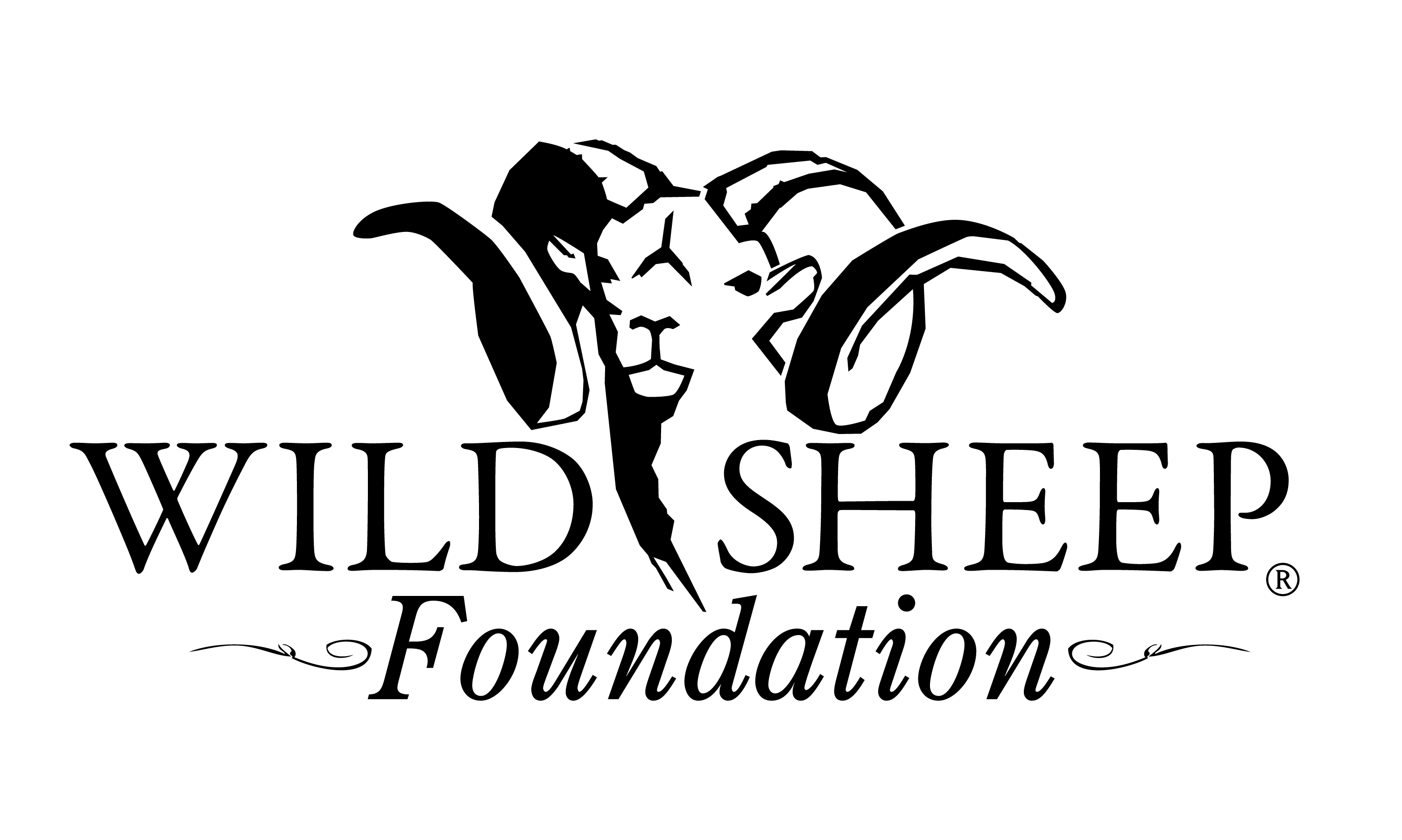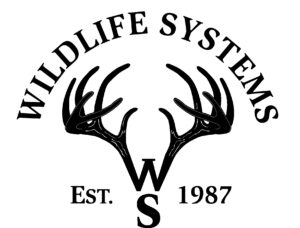PhD and Masters Assistantship: Landscape scale effects of forest management on Ruffed Grouse (Bonasa umbellus), and West Nile Virus in West Virginia
West Virginia University (State) | https://admissions.wvu.edu/academics/majors/wildlife-and-fisheries-resources
Details
Application Deadline:
10/17/2025
Published:
08/25/2025
Starting Date:
1/5/2026
Ending Date:
between 5/15/2028 and 5/21/2029
Hours per Week:
40
Salary:
$25,000 to $28,500 per month
Education Required:
Bachelors
Experience Required:
none
Tags:
Graduate Opportunities
Description
The Division of Forestry and Natural Resources at West Virginia University is searching for a Ph.D. and Masters student to monitor Ruffed Grouse populations, in response to different landscape contexts and disturbances, including varying levels of timber harvests, prescribed fire, and cut-back borders. The students will use Autonomous Recording Units (ARUs) and spring drumming counts to determine occupancy and abundance of Ruffed Grouse. The students will also be responsible for sampling mosquitoes for West Nile Virus. Finally, the students will collect data about other breeding birds utilizing young forests, and vegetation structure data.
This project will occur across West Virginia on private and public lands. Ruffed Grouse and bird utilizing young forests have declined precipitously, and the goal of this project is to identify landscape scale management strategies to improve populations via occupancy or abundance. Additionally, West Nile Virus could be a contributing factor in Ruffed Grouse declines, and in West Virginia there are no data about the distribution and prevalence of the virus or mosquitoes. The students will also have opportunities and flexibility to develop and design additional research projects if they are within the scope of the main project questions. Some songbird species that could respond to management include Golden-winged warbler, Prairie warbler, and Yellow-breasted chat.
The project will occur on multiple state wildlife management areas, state forests, and on Weyerhaeuser property. There will be significant traveling and potential for camping or living in rustic state field houses. The students should also have experience driving on gravel or dirt roads and with 4x4 vehicles. The data collection will begin in April and continue into August. Students should expect to be flexible with scheduling and work together to coordinate data collection schedules. Results should inform landscape level planning and management strategies for Ruffed Grouse and other young forest species. The research is funded through the West Virginia Division of Natural Resources, Ruffed Grouse Society, and National Fish and Wildlife Foundation.
The students will be working towards a Ph.D. and master’s in Wildlife and Fisheries Resources at West Virginia University. STARTING DATE: January 2026. The ideal applicant should have experience with ARUs and analyzing acoustic data, must be able to identify central Appalachian avian species by sight and by sound and have experience conducting point count surveys, and some experience with insect sampling and mosquito identification. Applicants should also be familiar with collecting structural habitat measurements including but not limited to; DBH, canopy cover (using spherical densitometers), Robel pole, Daubenmire frame, etc. Applicants should be comfortable working long days in the field during hot summer months, ready to travel, and energetic and excited about applied avian conservation research. Applicants will also be responsible for hiring and supervising research technicians to assist with research duties. Applicants must have completed a BS for the master’s program and BS and MS in for the PhD program in Wildlife Biology, Ecology, or a closely related field. Applicants with peer-reviewed publications are preferred. Applicants for the PhD position must have a minimum of 300 combined GRE score (V+Q) or 1100 on the previous scale, and a minimum 3.25 GPA. To Apply: Electronic applications are preferred. To apply send a single file including: 1) a cover letter outlining any relevant work experiences with Ruffed Grouse, ARUs and acoustic monitoring, avian point counts, mosquito/invertebrate sampling and identification, 2) resumé including an unofficial copy of transcripts and GRE scores, and 3) contact information for 3 references to Dr. Chris Lituma; cml0017@mail.wvu.edu
Contact
Christopher M Lituma
cml0017@mail.wvu.edu (preferred contact method)






